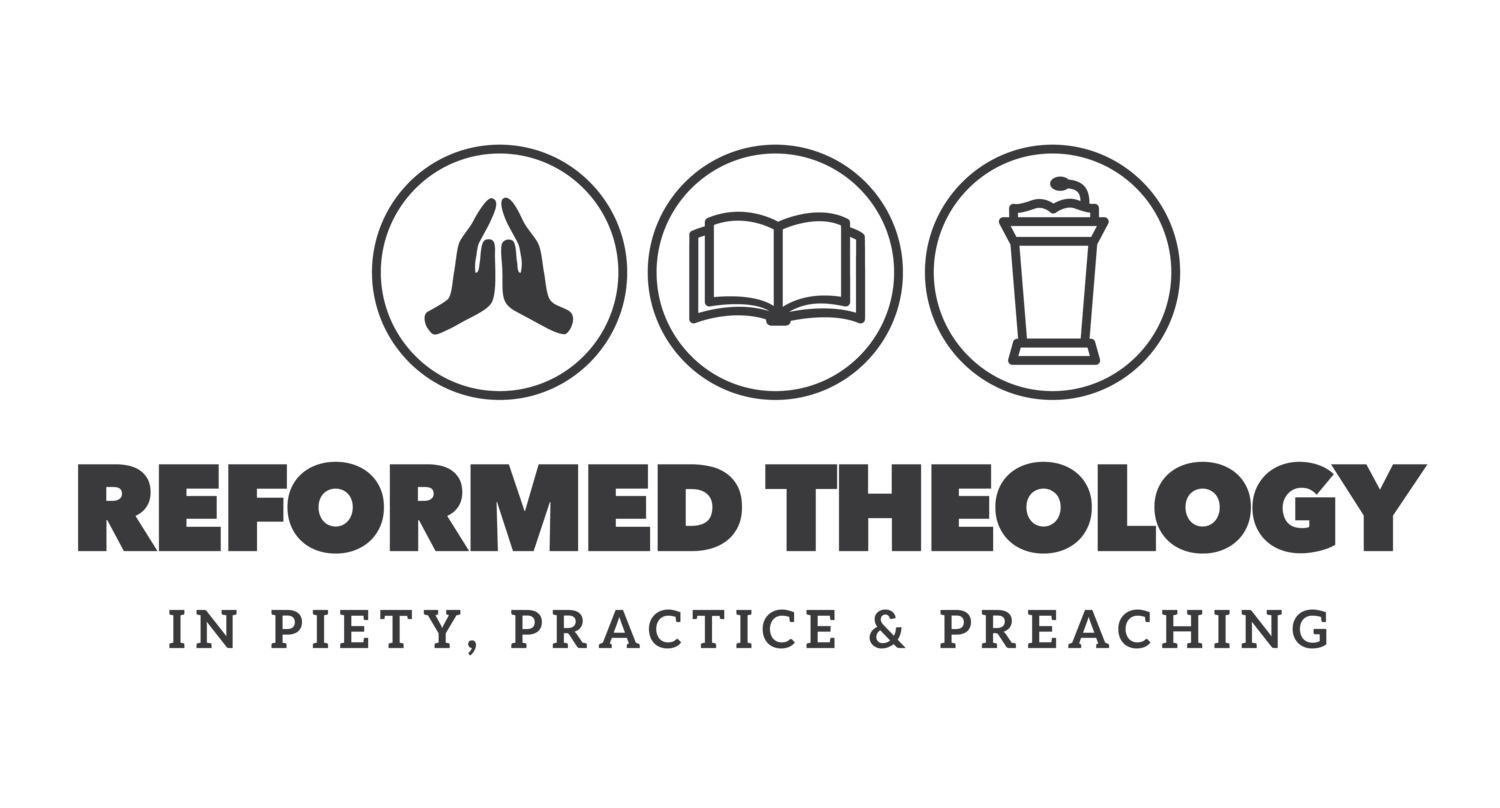One of the most frequently asked questions I get is, “Where should I go to do PhD studies?” This is a question that has two important parts even though it appears only to have one part. The obvious part is, Where should I study? The implied not-so-obvious part is, Should I get a PhD? Most people who ask this question assume that they should get a PhD. Let me address each of these questions and start with, Should I get a PhD?
If you like to learn, you don’t need to get a PhD to do it. There are much cheaper and less demanding, but nevertheless rewarding, ways to do this. Designate a part of your budget towards books and start reading. Find out where you can obtain recorded lectures on your subject of choice. Find a local community college or seminary and audit courses. There are plenty of ways to learn. If you want to get a PhD because you believe it’d be a great resume builder, then grab the reins and pull tight. In my view, resume builders are something that you do in the business world—it’s not a suitable category for ministry. Ministry is about serving Christ’s church, not about padding your resume so you can climb the ecclesiastical ladder and get a bigger church or better salary. If, however, you believe that God is calling you to serve the church as a doctor, in the academy, or in a seminary setting (i.e., that you’re being called to teach), then, by all means, investigate what it takes to earn a PhD. Most institutions that hire teachers (seminaries included) usually look for candidates that have a PhD in their field of study. But there are several other factors to consider.
First, do you have the intellectual gifts to pursue a PhD? In other words, do you have good grades? Do you have good communication skills? Can you write a respectable research paper? Some students do everything they can to avoid writing research papers. PhDs are writing intensive. If you have poor writings skills, then polish them. Take every opportunity you can to write. Practice makes perfect, or at least respectable. Do you like to read? If reading is a struggle for you, then consider doing something else. If you’re interested in PhD studies, then you’ll be doing a lot of reading.
Second, have your professors taken notice of your academic work? Have they told you to consider pursuing doctoral studies? If not, this doesn’t necessarily mean that you should end your quest. Rather, it might mean that you’re lost in a sea of faces and you need to get to know your professors so that they can evaluate your work, character, and intellectual gifts. Admission to many doctoral programs relies heavily upon good academic references. You might have stellar grades, but if you have poor references, you can probably forget going to grad school.
Third, if you believe that you want to teach at seminary, that’s a terrific goal! Keep mind, however, that it’s a very challenging goal to get a seminary teaching position. Each time we’ve had a faculty search we end up with a large pile of well-qualified degreed candidates all vying for one opening. For most seminaries, they look for candidates with pastoral experience. Pastoral experience is key because seminaries prepare ministers and others to serve the church. It can be difficult to prepare men for ministry if you’ve hardly ever preached a sermon or taught a Sunday School class. You might have all sorts of knowledge about the intricacies of philosophical theology but if you can’t explain complex truths to children, for example, you might not be on the short list for a seminary’s faculty search committee. Be prepared to seek a pastorate upon the completion of your PhD work and use your degree to teach God’s people. In due course, providence may provide you an opportunity to teach at a seminary.
In the end, if you’re interested in pursuing PhD studies, that’s terrific. Just prayerfully consider the question and get the counsel of your professors.
